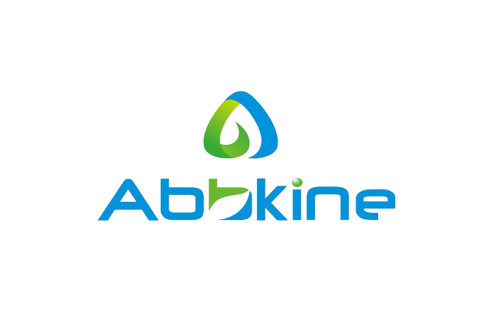Product Description
Human Thymosin beta-4 (TMSB4X) ELISA Kit | AE14099HU | Abebio
Species Reactivity: Human (Homo sapiens)
Abbreviation: TMSB4X
Alternative Name: FX; PTMB4; TB4X; TMSB4; OTTHUMP00000022925|OTTHUMP00000022927|OTTHUMP00000022928|prothymosin beta-4|thymosin beta-4|thymosin; beta 4|thymosin; beta 4; X chromosome
Application: ELISA
Range: Request Information
Sensitivity: Request Information
Intra-Assay: ≤5.8%
Inter-Assay: ≤9.5%
Recovery: 1
Sample Type: Serum, Plasma, Other biological fluids
Detection Method: Sandwich
Analysis Method : Quantitive
Test Principale: This assay employs a two-site sandwich ELISA to quantitate TMSB4X in samples. An antibody specific for TMSB4X has been pre-coated onto a microplate. Standards and samples are pipetted into the wells and anyTMSB4X present is bound by the immobilized antibody. After removing any unbound substances, a biotin-conjugated antibody specific for TMSB4X is added to the wells. After washing, Streptavidin conjugated Horseradish Peroxidase (HRP) is added to the wells. Following a wash to remove any unbound avidin-enzyme reagent, a substrate solution is added to the wells and color develops in proportion to the amount of TMSB4X bound in the initial step. The color development is stopped and the intensity of the color is measured.
Product Overview: The predominant form of thymosin, thymosin beta4, is a member of a highly conserved family of actin monomer-sequestering proteins. Beta-thymosins are the primary regulators of unpolymerized actin, and are essential for maintaining the small cytoplasmic pool of free G-actin monomers required for rapid filament elongation and allowing for the flux of monomers between the thymosin-bound pool and F-actin. Thymosin beta4 sequesters actin, holding it in a form that is unable to polymerize. Due to its profusion in the cytosol and its ability to bind ATP G-actin but not F-actin, thymosin beta4 is regarded as the principal actin-sequestering protein. Thymosin beta4 binds ATP G- monomeric actin in a 11 complex where G-actin cannot polymerize.
Stability: The stability of ELISA kit is determined by the loss rate of activity. The loss rate of this kit is less than 5% within the expiration date under appropriate storage condition. The loss rate was determined by accelerated thermal degradation test. Keep the kit at 37°C for 4 and 7 days, and compare O.D.values of the kit kept at 37°C with that of at recommended temperature. (referring from China Biological Products Standard, which was calculated by the Arrhenius equation. For ELISA kit, 4 days storage at 37°C can be considered as 6 months at 2 - 8°C, which means 7 days at 37°C equaling 12 months at 2 - 8°C) .
 Euro
Euro
 USD
USD
 British Pound
British Pound
 NULL
NULL








